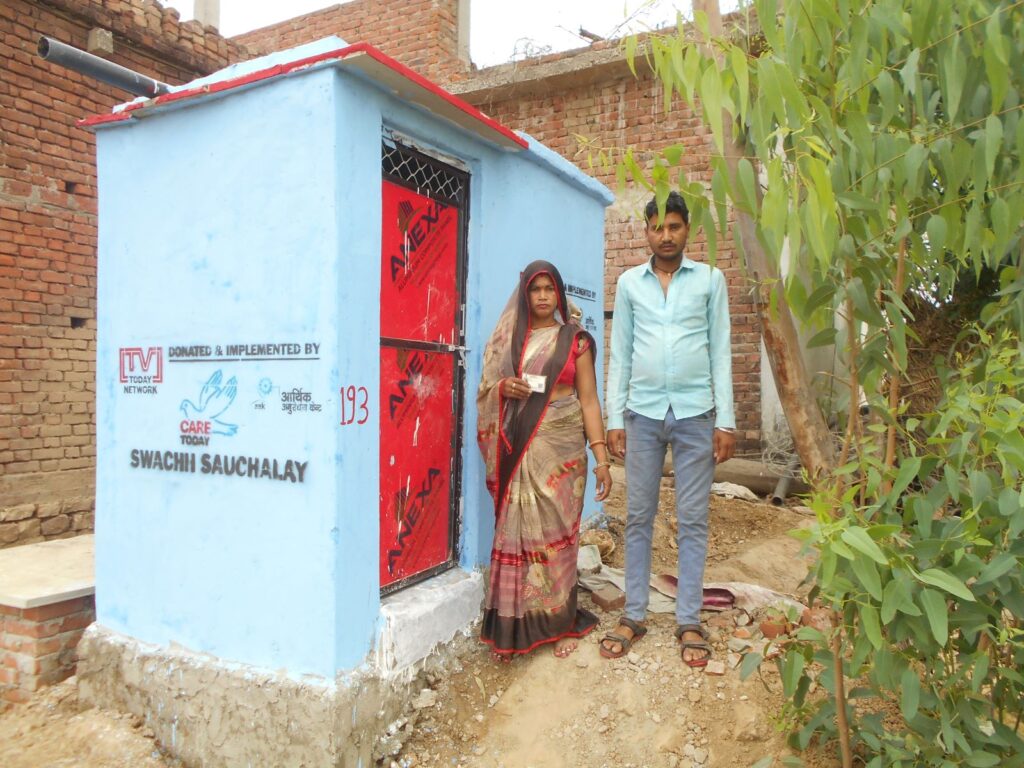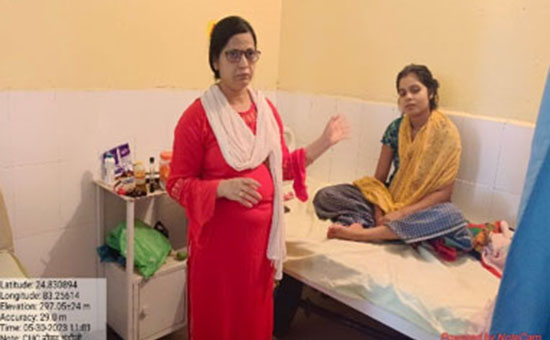Welcome
Prayagraj-based NGO Arthik Anusandhan Kendra is a grassroots, community-driven organization dedicated to promoting social justice, sustainable development, and inclusive growth in the region. Founded with a vision to empower marginalized communities, the NGO works across diverse sectors such as education, health, nutrition, livelihood, gender equality, and environmental sustainability. Through participatory approaches and strong local engagement, it aims to address the root causes of poverty and discrimination, especially among women, children, Dalits, and other vulnerable groups. The organization strives to build a society that is equitable, dignified, and resilient for all.
Coverage
Thematic Areas
Stories from the Field
Our field interventions have transformed lives, with success stories that reflect empowered communities and sustainable, inclusive development.








